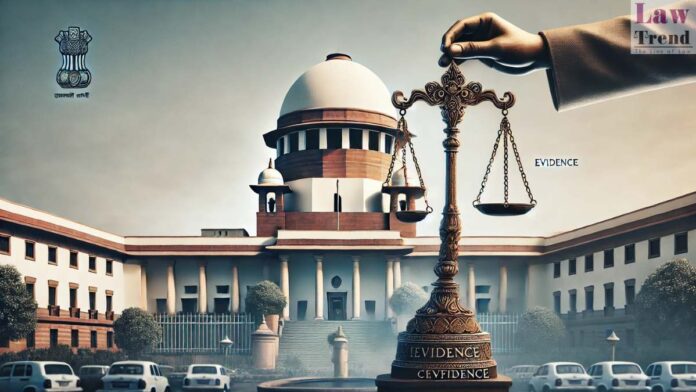The Supreme Court of India has ruled that segregating a criminal trial solely on the ground that the accused is a sitting Member of Legislative Assembly (MLA) is legally unsustainable and violates the principles of equality and a fair trial. A bench comprising Justices J. B. Pardiwala and R. Mahadevan quashed the orders of a
To Read More Please Subscribe to VIP Membership for Unlimited Access to All the Articles, Download Available Copies of Judgments/Order, Acess to Central/State Bare Acts, Advertisement Free Content, Access to More than 4000 Legal Drafts( Readymade Editable Formats of Suits, Petitions, Writs, Legal Notices, Divorce Petitions, 138 Notices, Bail Applications etc.) in Hindi and English.




